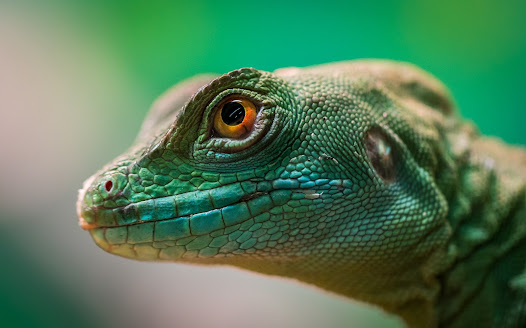- Get link
- X
- Other Apps
- Get link
- X
- Other Apps
Every year on March 3rd, people all around the globe celebrate World Wildlife Day. This special day is dedicated to raising awareness about the importance of preserving our planet's wildlife and their habitats. It's a chance to appreciate the incredible diversity of life on Earth and to reflect on our role in protecting it.
The theme for World Wildlife Day 2023 is "Forests and Livelihoods: Sustaining People and Planet." This theme highlights the vital role that forests play in supporting both human communities and wildlife. Forests are home to countless species of plants and animals, and they provide a range of ecosystem services, including carbon sequestration, water regulation, and soil conservation. But they are also under threat from deforestation, climate change, and other human activities.
Preserving biodiversity is crucial for maintaining the health of our planet's ecosystems. Biodiversity refers to the variety of life on Earth, from the smallest microorganisms to the largest mammals. It encompasses not just the number of species, but also their genetic diversity and the variety of ecosystems they inhabit. Biodiversity is essential for the functioning of ecosystems, which in turn provides us with a range of ecosystem services, including clean air and water, food, and raw materials.
However, the world is currently facing a biodiversity crisis. Human activities such as deforestation, pollution, overfishing, and climate change are driving many species to extinction at an alarming rate. According to the World Wildlife Fund, wildlife populations have declined by an average of 68% since 1970. This loss of biodiversity not only threatens the survival of individual species but also has cascading effects on entire ecosystems and the services they provide.
World Wildlife Day is an opportunity to remind ourselves of the importance of preserving biodiversity and the role we all play in achieving this goal. Governments, businesses, and individuals can all take steps to protect wildlife and their habitats. For example, governments can establish protected areas and enforce laws to prevent illegal hunting and logging. Businesses can adopt sustainable practices that reduce their impact on the environment. And individuals can make choices in their daily lives that support biodiversity, such as eating sustainably sourced seafood and reducing their use of single-use plastics.
Ultimately, the key to preserving biodiversity is recognizing that we are all connected to the natural world and that our actions have consequences. By working together, we can ensure that future generations inherit a planet rich in biodiversity and the benefits it provides. So on this World Wildlife Day, let's celebrate the incredible diversity of life on Earth and renew our commitment to protecting it.
- Get link
- X
- Other Apps

Comments
Post a Comment